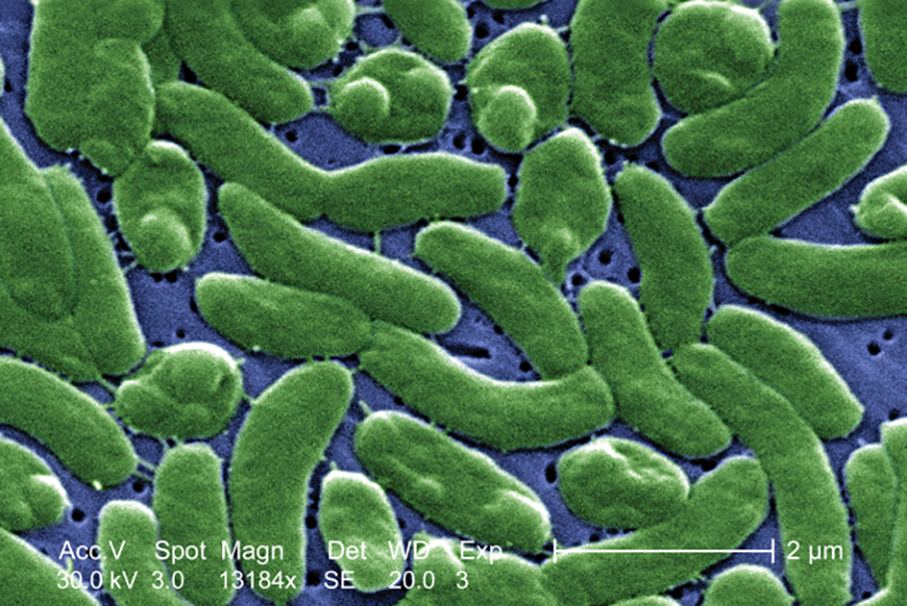Commentary by Shada Islam*
Striving for a better tomorrow and ensuring that people around the world can live healthier lives are shared goals that can bring Europe and China together.
China-Europe relations have always been volatile and are especially challenging today. Great power rivalries and zero-sum games have added to the complexities of managing their multi-faceted relationship, with the increasing tensions between China and the United States casting a shadow over the global landscape and impacting negatively on relations between the European Union and China.
But behind the geopolitical storms and despite the blame games, Europe and China – and hopefully the US – know they have to work together to ensure a better future for humanity.
In fact, future cooperation frameworks will have to include other Asian countries, Africa and Latin America. The world has changed rapidly and in many unexpected ways. Dealing with the challenges that await us – and seizing the opportunities as well – requires that we think outside the box, move away from rigid ideological positions and look at our common future.
That means joining forces to fight against climate change, working together to enable an urgent and sustainable economic recovery and in an interconnected and interdependent world. It also means close cooperation and more collaboration to defeat not only the current COVID-19 pandemic but other global health challenges that could follow.
The first steps for such joint efforts by China and the EU were laid by Premier Li Keqiang and European Commission President Ursula von der Leyen some weeks ago when they discussed cooperation between China and the EU on novel coronavirus research and vaccine development in a phone call.
On June 9, State Councilor and Foreign Minister Wang Yi co-chaired the 10th round of the China-EU High-Level Strategic Dialogue-held online-with Josep Borrell, EU high representative for Foreign Affairs and Security Policy.
Europe-China Agenda 2025
Europe and China disagree on many issues. However, the focus must turn to pragmatic cooperation. This is where the Europe-China Agenda 2025 is important.
Expected to be finalized when Premier Li meets European Council President Charles Michel and Commission President von der Leyen in a video summit later this month, the forward-looking roadmap must give priority attention to cooperation on health.
There are four key areas that require that China and the EU put aside their differences and work together. They comprise measures to boost and accelerate a post-COVID 19 economic recovery, policies which reinforce the fight against climate change, efforts to speed up a common global digital future and, most importantly, an enduring health partnership.
World beset by inequalities
COVID-19 has highlighted that despite statements to the contrary, we live in a world beset by inequalities. There are marked differences between rich and poor, men and women, employed and jobless, old and young and all these inequalities have been highlighted during the pandemic-induced lockdowns.
As we look to the future, several important avenues for an EU-China health partnership stand out:
First, as countries struggle to find a COVID-19 vaccine, attention is centered on how once such a vaccine is available, it can be referenced as a public good and treated as such.China and the EU could make such a promise, on the lines of the recent commitment by Japan and the EU to ensure that any future COVID-19 vaccine they develop become “a global common good”.
In other words there must be a common approach as regards access to any vaccine and efforts to avoid “negative” competition during the developing and testing phase.
Second, China and the EU should enhance cooperation on COVID-19 vaccine research and development. China has vowed to strengthen international cooperation in future COVID-19 clinical vaccine trials. This is important because according to the World Health Organization (WHO), there are 125 novel coronavirus vaccine projects in the works worldwide with China leading the way.
Other problems that need to be tackled include the fact that current manufacturing capacity may not be enough to supply a global COVID-19 vaccination program, public funding arrangements often restrict vaccine access at present and more partnerships between researchers and manufacturers are needed.
That said, there is a strong possibility that when closer to licensing and approval, the manufacturing capacity of the programs with the most promising candidates won’t be enough to deliver a global vaccination program that would meet the principle of universal access and equity, and prioritization of supply should be to the benefit of the most vulnerable in populations.
Third, China and the EU can cooperate to establish a long-term mechanism to prevent and control major infectious diseases, by sharing health data, collaborating on medical R&D in order to ensure that both sides are better prepared for similar outbreaks in the future.
Finally, the EU and China, at the government level, should collaborate and build a multilateral investment platform focusing on key areas including health.
Additionally, while bilateral EU-China relations are important, questions related to health should also be discussed by the wider Europe-Asia network.
The Asia-Europe Summit due to be held in Cambodia in December provides an opportunity for this.
Building a better tomorrow and ensuring that people around the world live healthier lives are issues that can bring Europe and China together even amid the geopolitical turbulence.
Leaders from both sides should focus on working together to tackle these common challenges while also trying to work out their bilateral problems.
* The author is former director of policy at the Friends of Europe, a Brussels-based think tank. The author contributed this article to China Watch, a think tank powered by China Daily.– Subheadings added by The Macau Post Daily
– Courtesy China Daily








